Australia. “The Land Down Under” and the last great discovery in “The Golden Age of Exploration”. An island continent perched on the edge of nothing. Below Australia there is no significant land mass until Antartica. To the East there a lots of scattered Pacific islands but no major land mass until until you eventually hit South America. To the west, provided you steer ever so slightly north there is Africa but if you veer just a little bit south there is nothing until you hit the east coast of South America. Once again, to the north of Australia there are lots of island nations but no major land mass until you hit the Asian mainland. Australia is a long, long way from everywhere, including the Balkans.
The Balkans. Croatia, Bosnia and Serbia of the former Yugoslavia, Hungary, Romania, Bulgaria Albania, Macedonia and Greece are a collection of small nations that are the buffer states between Christian Europe and the Islamic states of Asia and the Middle East. If it were only as simple as a case of East meets West then maybe the history of the region would have been different. Within the Balkans there is a hoge-poge mixture of ethnic and religious animosities. Serbs, Croats, Bosnians, Albanians, Hungarians, Romanians, Macedonians, Muslim, Orthodox Christians, protestant denominations and Roman Catholics all intent on pursuing their own agendas. On first glance one would be forgiven for discounting the Balkans as a region of world wide significance. And yet what happened in the Balkans in 1914 precipitated World War I and impacted the whole world. Australia is a long way from the Balkans and yet the activities there eventually resulted in Australian and New Zealand troops fighting the Turks in the Dardanelles. That campaign became a monumental military disaster and gave birth to the ANZAC mythology that has became ingrained in the culture of both of those countries. How is that possible?
The author Tim Butcher was obviously puzzled by notion of how could the assassination of two Austrian Royals in a nondescript Balkan city in 1914 lead to a World war. After all Arch Duke Ferdinand wasn’t the first assassination in that part of the world. What was so different about the circumstances of that particular event? Tim explores the event and then goes onto explore the ongoing pivotal role of the Balkans in the history of the twentieth century.
“A splendid book, part memoir, part history,” about the teenager who killed Archduke Ferdinand and sparked World War I.
“Sarajevo, 1914. On a June morning, nineteen-year-old Gavrilo Princip drew a pistol from his pocket and fired the first shot of the First World War, killing the heir to the Austro-Hungarian Empire, Archduke Franz Ferdinand. Princip then launched a series of events that would transform the world forever. Retracing Princip’s steps from the feudal frontier village of his birth to the city of Belgrade and ultimately Sarajevo, journalist and bestselling author Tim Butcher discovers details about the young assassin that have eluded historians for a century. Drawing on his own experiences in the Balkans covering the Bosnian War in the 1990s, Butcher also unravels the complexities and conflicts of this part of the world, showing how the events of that day in 1914 still have influence today.” – Amazon Books……
For history buffs this is a good fast read and I highly recommend it as a companion to Balkan Ghosts – A Journey through History by Robert D. Kaplan (1993). To have some understanding of the Balkan conflicts of the 1990s this is an essential read. I have read it several times and I will probably read it again.
Most books on the Balkans point back to the 1938 travel book Black Lamb and Grey Falcon by novelist Rebecca West. Although it is listed as a classic I found it heavy going.
On a tangential subject Why Angels Fall – A journey Through Orthodox Europe from Byzantium to Kosovo by Victoria Clark (2000) is also an excellent read. Back in the heyday of the Soviet empire there was a belief that the empire was evil because the communists had lost religion. It was thought that once they found religion again the world would come back into balance. That has turned out to be a pretty naive assumption. The Soviet empire has gone and Putin’s Russia is once again Orthodox and yet nothing much has changed. Victoria Clark’s book is an exploration of the impact of the various Christian Orthodox religions on modern Eastern Europe. Unfortunately it is a book that is hard to find. My edition I picked up in a second hand book store in Sydney Australia.
(2022//01/03 – I have just discovered that Why ANGELS Fall is now available from Kindle for $9.99)
@@@@@@@@@@@@
Postcript: Growing up in Sydney, Australia any notion of the Balkans was intimately linked with the the local football (Soccer) clubs. The growth of the sport was linked to post war immigration from Britain and Southern Europe. Local clubs conformed to ethnic origins with such teams as Yugal, Croatia, Pan-Hellenic, Macedonian and Italian based clubs. Fans were divided along ethnic lines and often reflected old loyalties and divisions in the home countries. This often led to tensions off the field. If I remember correctly this lead to the renaming of some clubs to diffuse ethnic tensions. Also, if I remember correctly, in the 1960s it was not uncommon to read in the newspaper of bricks thrown through the window of the Yugoslav Consulate in Sydney. At that time ethnicYugoslav tensions in Australia were high off and on the soccer field.
Migrants continued to boost interest in the sport in the 1970s and 1980s, especially from the Middle East and the former Yugoslavia.
@@@@@@@@@@@@

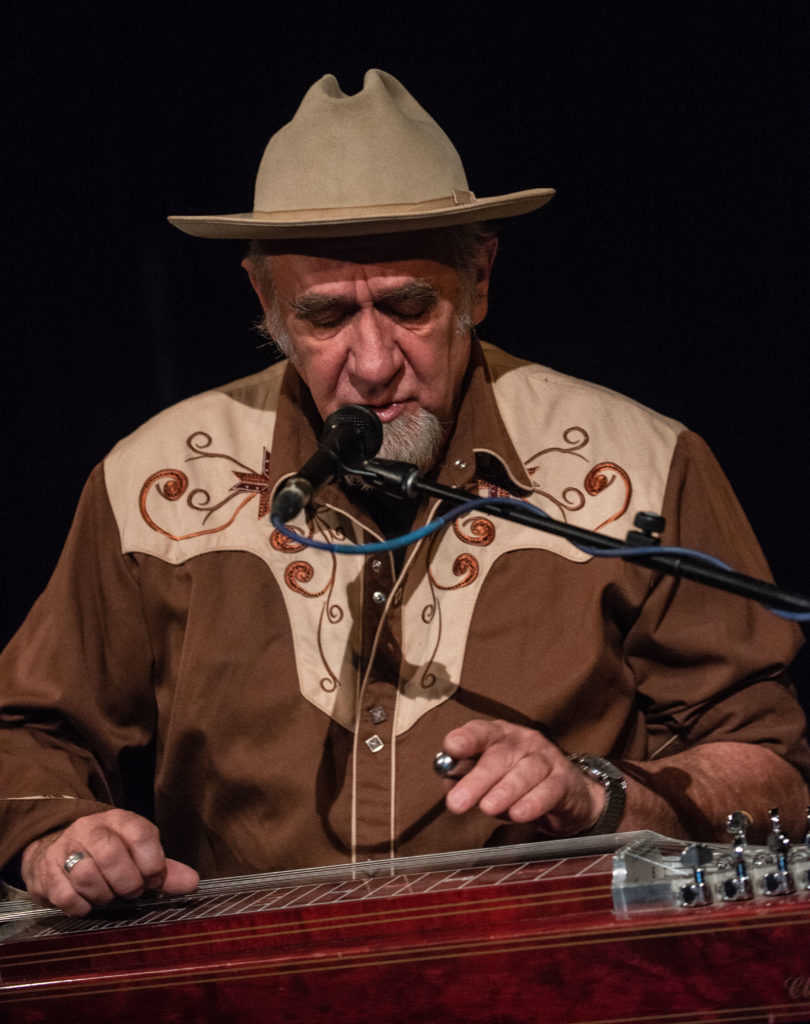 mandolin and arc top guitar. They traveled down from Whitehorse in the Yukon to do a string of twelve performances and, despite the horrendous weather, torrential rains, floods, wash outs and road closures they made it all the way through to Kimberley for the gig on Saturday November 28, 2021. The next day they headed off to Calgary for the long trip back up north to their home base in Whitehorse. That is a lot of kilometers to traverse to play twelve gigs in venues governed by strict Covid rules.
mandolin and arc top guitar. They traveled down from Whitehorse in the Yukon to do a string of twelve performances and, despite the horrendous weather, torrential rains, floods, wash outs and road closures they made it all the way through to Kimberley for the gig on Saturday November 28, 2021. The next day they headed off to Calgary for the long trip back up north to their home base in Whitehorse. That is a lot of kilometers to traverse to play twelve gigs in venues governed by strict Covid rules.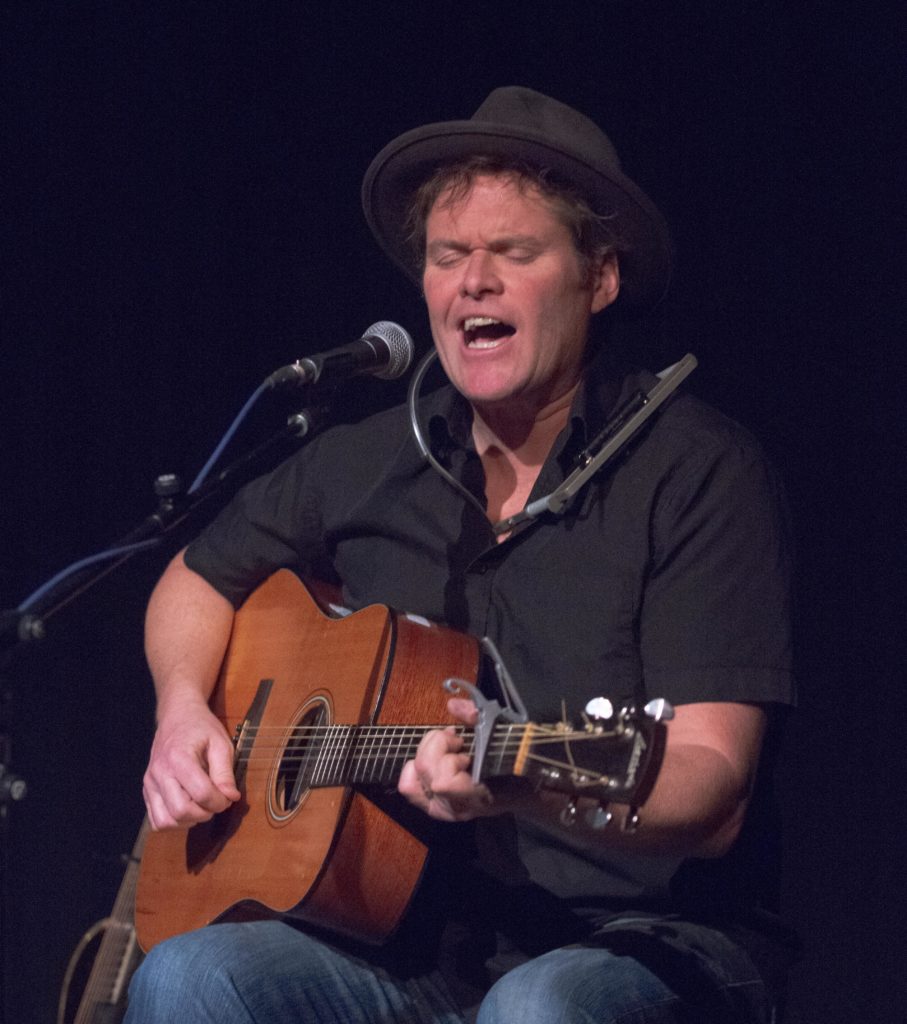
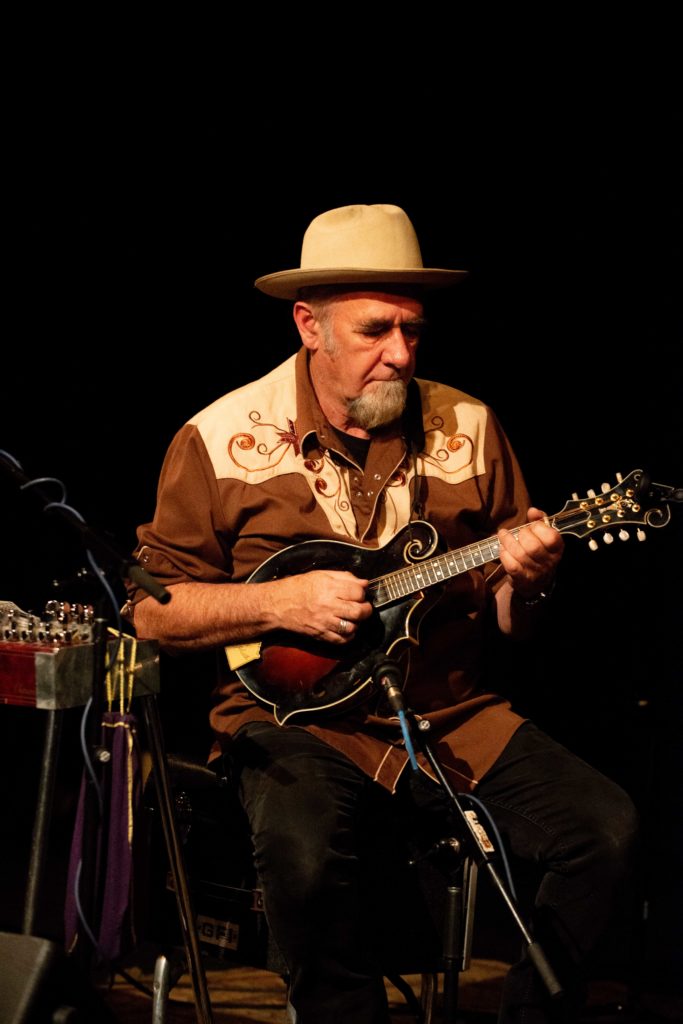
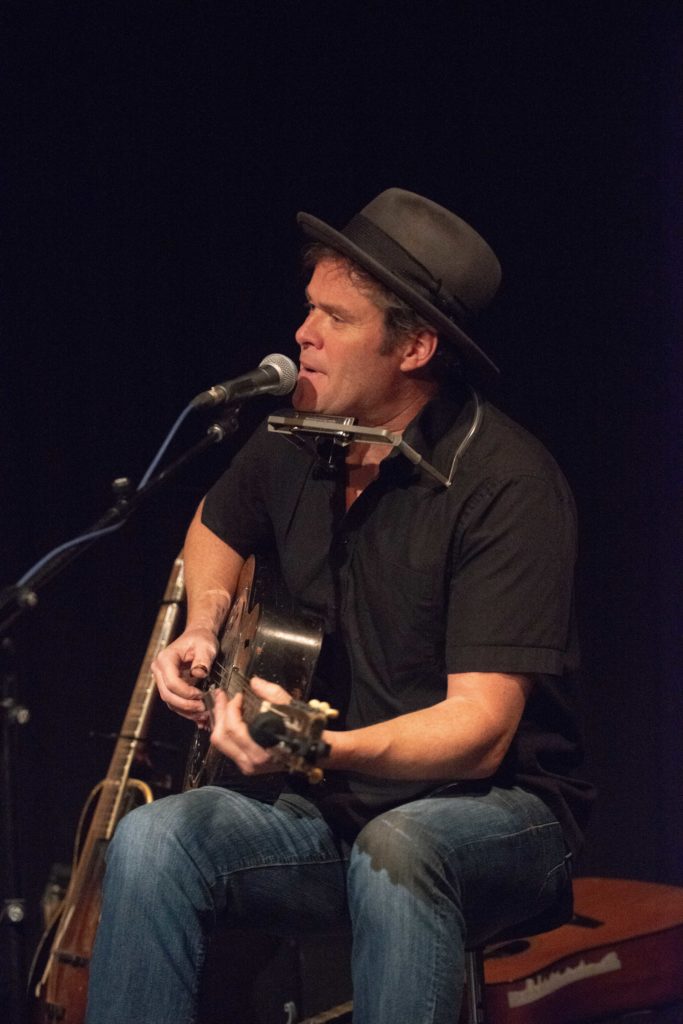
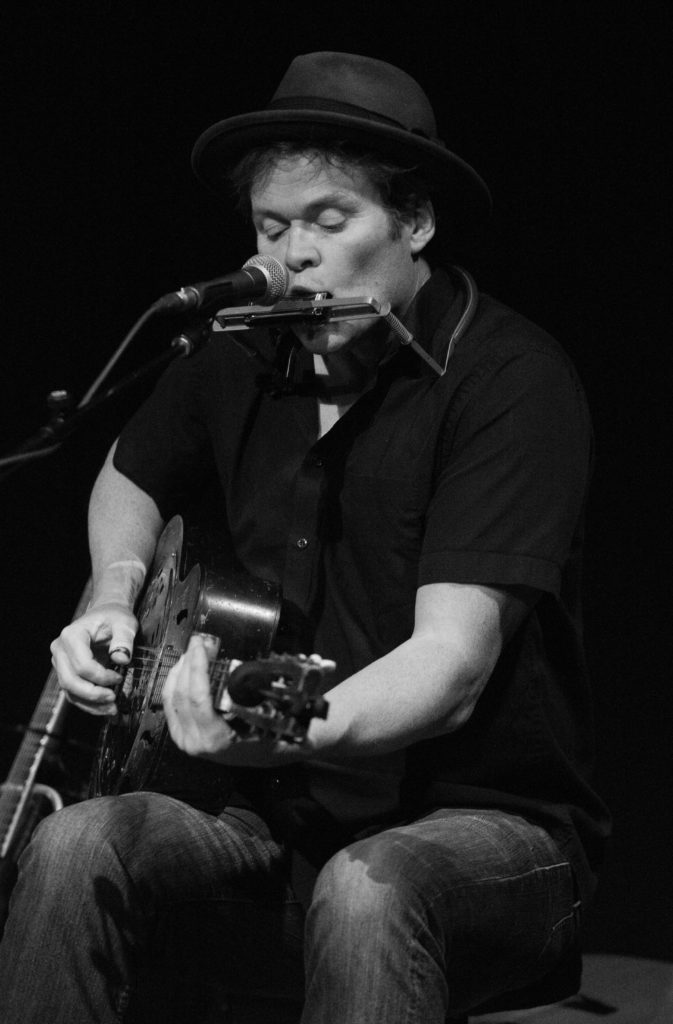
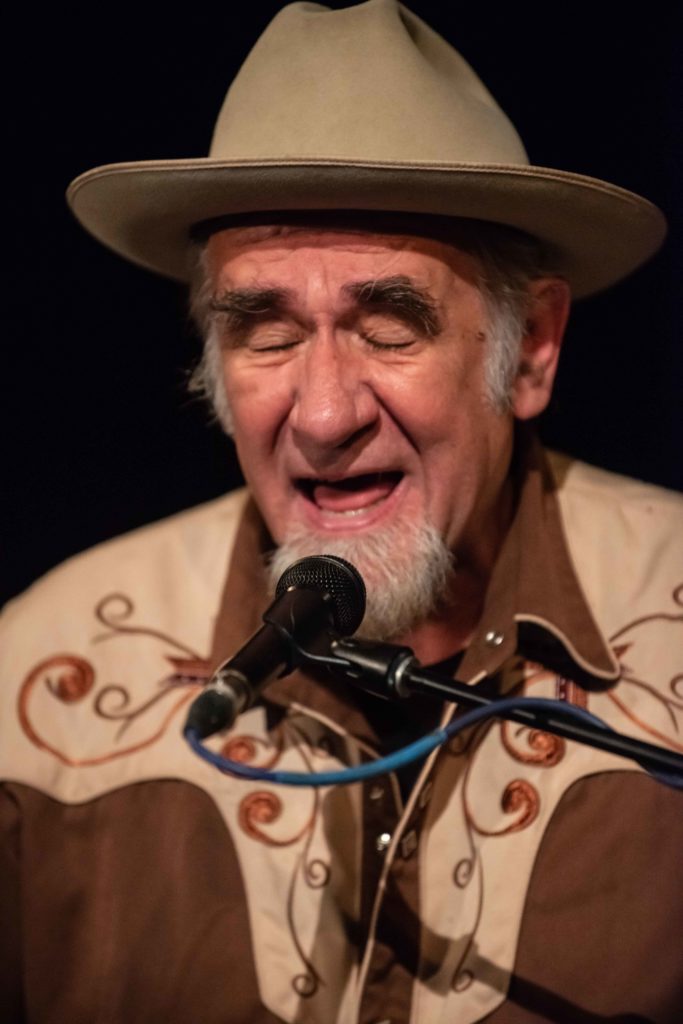
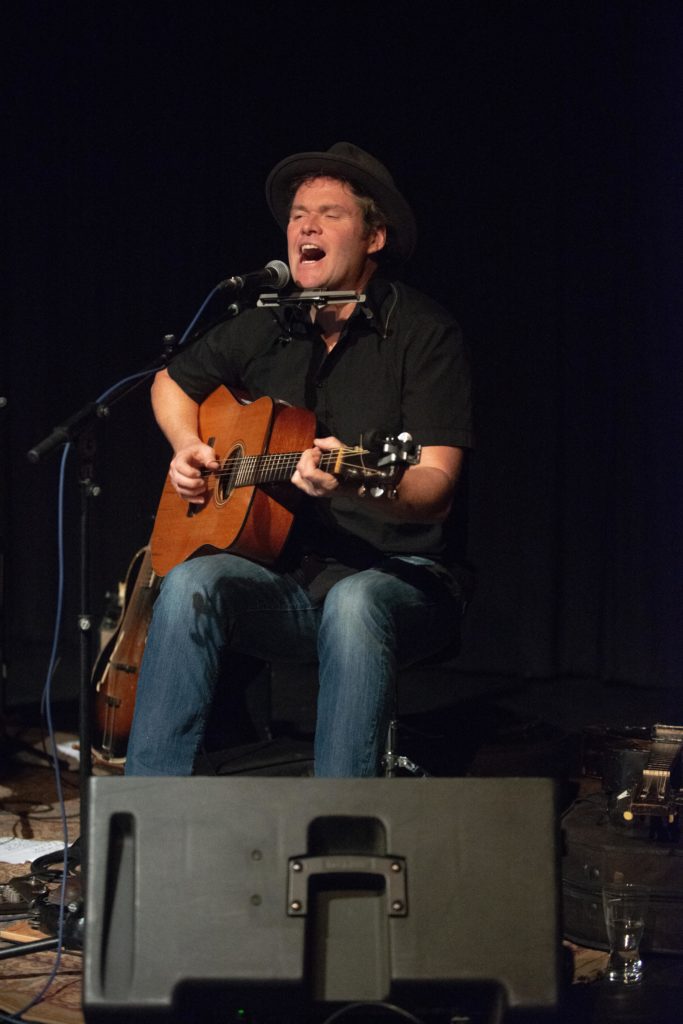
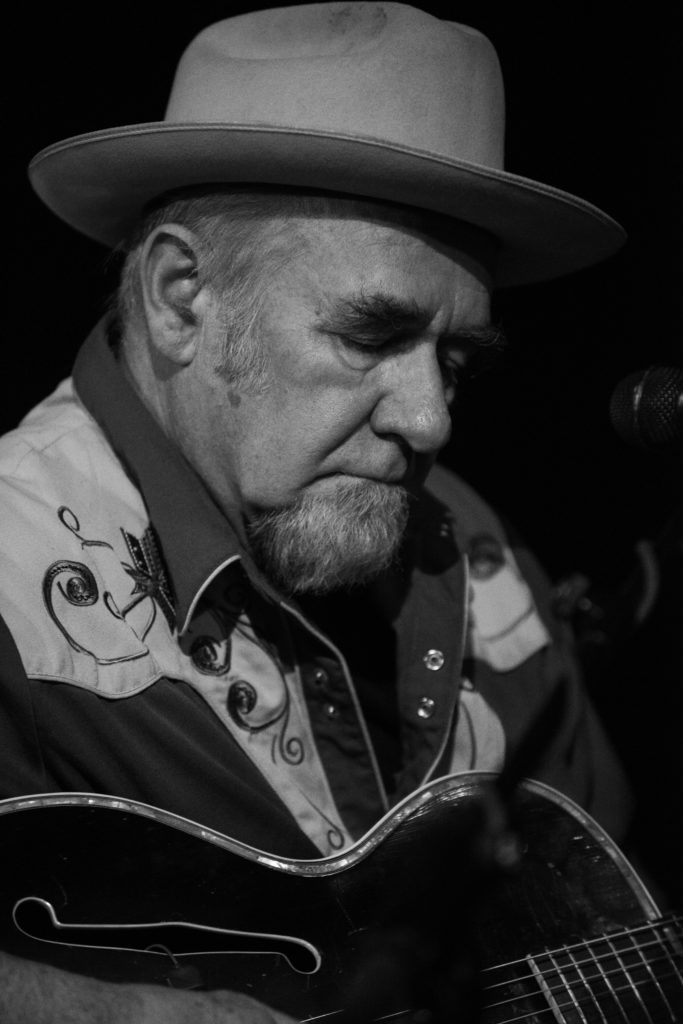
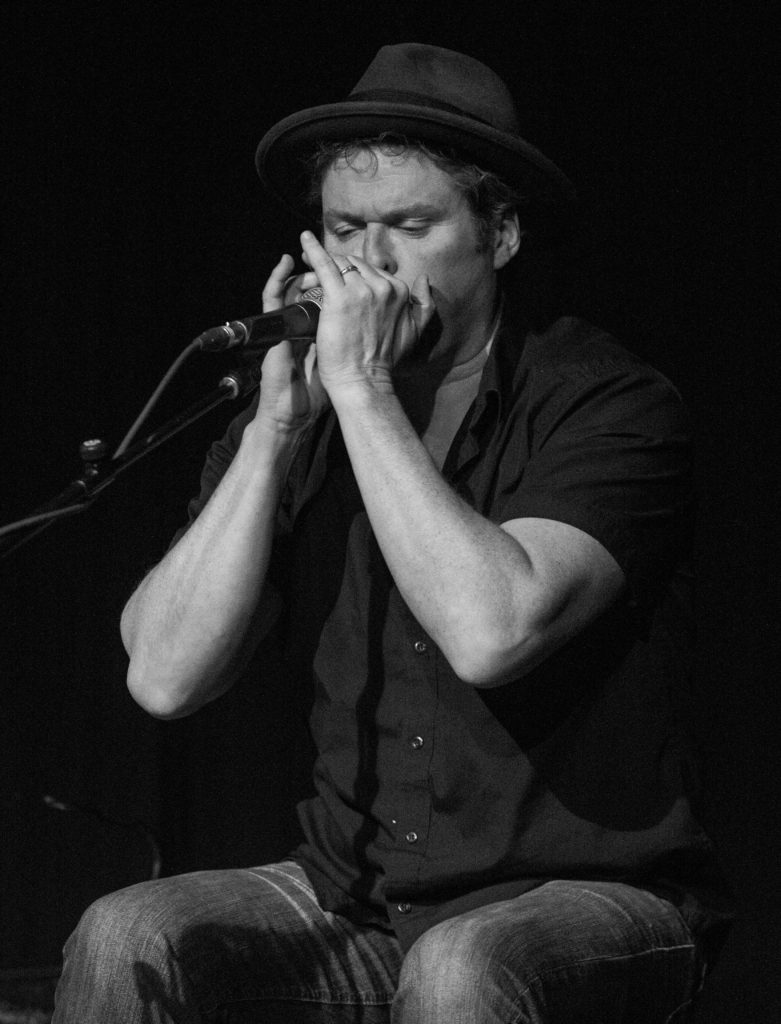
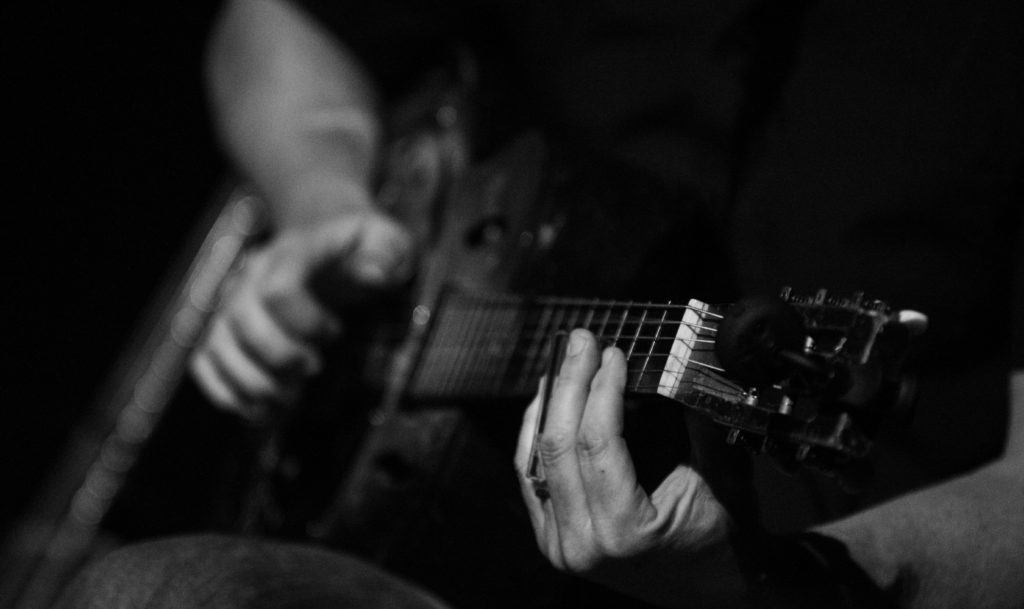 @@@@@@@@@@@@@@
@@@@@@@@@@@@@@